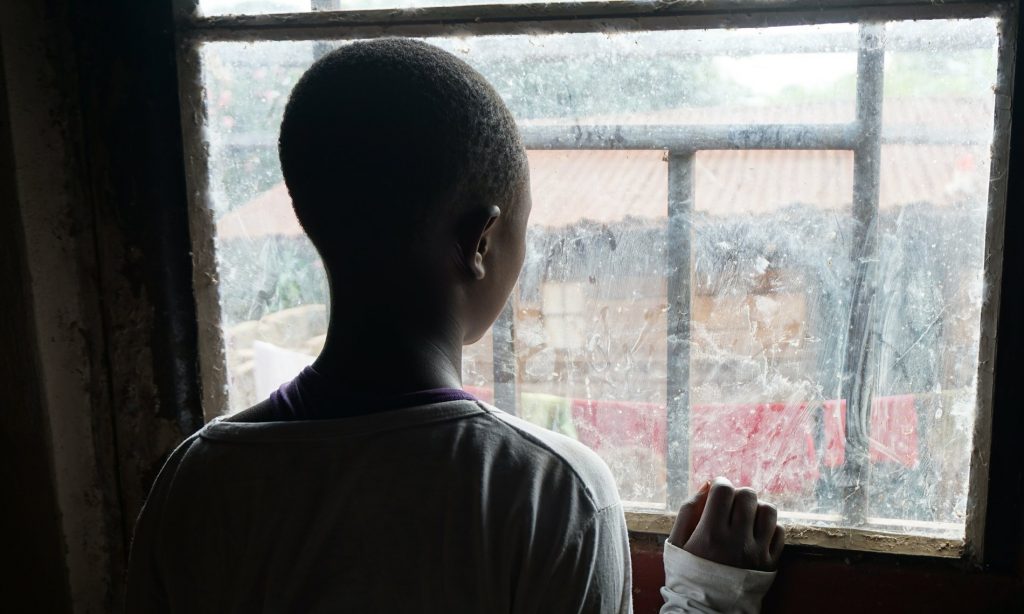
Despite the advancement in technology and education, the culture of survivor shaming is Nigeria is still at an alarming rate. With the recent turn out of events, there is barely a day that goes by without reports of rape incidents splashed across the timelines of various social media platforms and news outlets. The day barely feels incomplete without the reportage of rape which is quite disheartening despite the emergence of new voices in both the popular and scholarly discourse.
The recent turn out of events further reveals the disturbing culture of survivor shaming carried out by rape apologists which have been in existence since time immemorial. Rape apologists are more visible with identities hidden under the guise of fake social media accounts or the actual accounts. With the reportage of every rape case and thousands of comments condemning this heinous act, there is a competing number of rape apologists sympathizing with the perpetrator while castigating survivors by accusing them of playing a role in the act.
“Why did you lead him on” “why did she go to his house”, “her dress is too short”, “why didn’t her mother teach her not to enter people’s house”, it is almost impossible not to find any of these comments in the comment section of blogs and various social media platforms, these are typical responses from rape apologists. While these comments can be irritating, it depicts the stance of a typical rape apologist who finds the slightest opportunity to make an excuse for such a heinous act. The act of making excuses for a rapist shows that the subject of consent needs to be reiterated and explained on a wider scale.
The African culture is designed in a way that disadvantages women, despite the presence of education the ideology of “being seen and not heard” is still very much in practice. Survivor shaming culture should be treated as an illness that requires sensitization of both sexes on how to avoid being a part of such acts. Changing the narrative of constant survivor-shaming may seem like a daunting task, however, a more proactive approach and a thorough review of sex education at various levels needs to be treated with an unprecedented level of urgency. Sex education should include topics such as consent, boundaries, self –respect among other topics, in a manner that is inclusive of both male and female genders; as opposed to the regular focus on how women should conduct themselves in order to avoid being harassed by the opposite sex. Women continue to be disadvantaged when issues such as rape is being discussed which calls for a shift and change of the narrative.
Survivors of rape are oftentimes faced with the challenge of coming forward and telling their stories which may be due to the fear of being scrutinized by the public and intimidated by the rapist, worst-case scenario for a rape survivor is if the offender is a public figure or someone in apposition of authority. The “court of social media” tries the case and reaches a verdict without proper investigation which most times renders the survivor helpless. Coming forward as a rape survivor takes a lot of guts and courage, however, the activities of rape apologists drain survivors of the energy they require to confront their accusers which poses serious dangers to them and the fight for seeking justice. A young lady accusing a celebrity or public figure is more than likely disadvantaged and galvanizing support to while seeking justice may seem bleak, rape apologists and supporters of these public figures are more than likely the first to discredit the survivor by casting aspersions on their character without knowing them personally. Interestingly, some women fall into the rape apologist category but they may not be aware of how their actions and words put them in this category.
However, with the emergence of various support groups and non – governmental organisations; the rape and survivor shaming culture is still on the rise with little or no policy-driven and proactive measures towards ensuring that survivors are protected and not intimidated form telling their stories and seeking justice. Hence, the importance of support and empathy cannot be overemphasized, while equipping oneself with the information necessary to provide this much-needed support to survivors.

